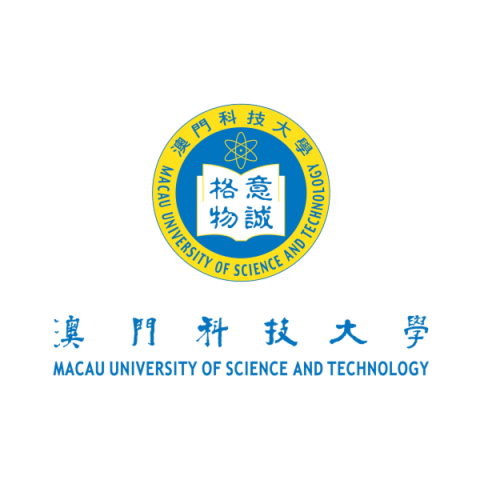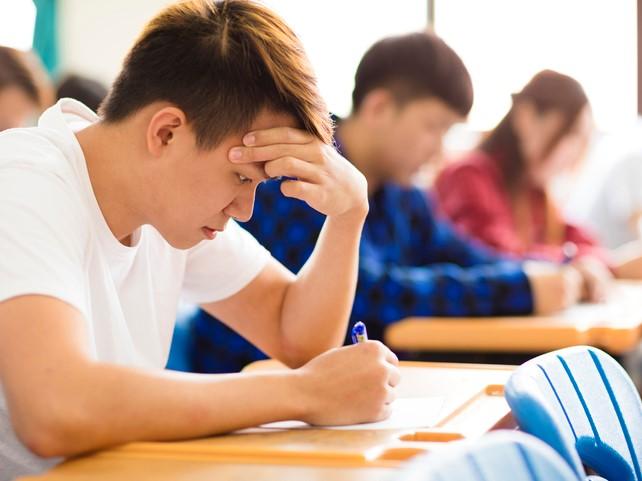
Exam skills instruction: fostering a sense of self-efficacy
According to Ministry of Education of China data, there were 10.8 million college graduates in China in 2022, the first time that the number of graduates had exceeded 10 million. At the same time, the unemployment rate among 16- to 24-year-olds reached 18.2 per cent, the highest since historical data began. This puts more pressure on students to succeed in their studies.
- Writing exam questions in a six-step process
- Effective feedback techniques for struggling students
- How the idea of ‘excellence’ can be misleading in higher education
Self-efficacy, which refers to confidence in one’s ability to achieve a task or subject, has been associated with favourable exam outcomes for college students. Four mechanisms help people establish their sense of self-worth: mastery experiences, social modelling, social persuasion and their emotional state.
Self-efficacy and exam performance
Good exam technique can tap into these mechanisms to help students improve their self-worth and assessment outcomes.
Mastery experiences
Mastery experiences refer to learning that overcomes obstacles, such as completing a challenging homework project. Exercises that allow for mastery experiences can boost student confidence and contribute to improved exam technique. Teachers can give students short practice tests, solve questions in class and go through the answers together, and read through exam papers to give students confidence that they understand the questions.
Social modelling
Social modelling can reduce exam anxiety. It can help students to observe someone similar to oneself (for instance, someone of the same age, ethnicity or gender) succeeding in a particular field. They can talk to the instructor, but other ways to build this kind of support into exam preparation include pairing students with study buddies, organising a debrief after a class test and brainstorming exam techniques.
Social persuasion
Social persuasion encourages people to stay determined and to gauge success by making personal progress. Teachers can encourage their students to seek support from family, community and other people around them to help them improve their exam techniques. Study – and particularly taking exams – can be isolating. If students ask for help, they can also share their successes.
Emotional state
Students’ emotional states includes anxiety: being able to control nerves can have an influence on the outcome of an exam. All three aspects of test anxiety – cognitive, emotional and behavioural – can affect performance. The cognitive aspect includes worry, self-preoccupation and intrusive ideas of failure, which reduce the amount of time and cognitive resources students can dedicate to the task (for example, a student worrying about their perceived flaws takes energy away from concentrating on the exam paper).
A student with test anxiety might experience symptoms such as a racing heartbeat or butterflies in their stomach. The behavioural part of test anxiety shows up as avoidance: procrastinating rather than preparing or merely responding with surface-level feedback after the test (for example, not carefully evaluating mistakes to create a plan for future growth).
Test anxiety can have a variety of effects on students. For example, one student might have excellent study skills but struggle to focus because of the physical symptoms of test anxiety. Another student might experience extreme anxiety because of insufficient exam preparation. A diverse strategy might be needed to give all students the conditions they need to succeed in exams without experiencing test anxiety. The Mayo Clinic suggests techniques such as deep breathing, progressive relaxation and visualisation exercises to address anxiety before and during an exam. You could build sessions around these techniques into class time to help students manage their emotions.
Establish an inclusive learning environment
Gender stereotypes can also have an effect. Female students might have lower levels of self-efficacy than male students on campus because they have fewer opportunities to apply mastery and social processes. For instance, women might have fewer role models because of the under-representation of women on campuses and it is possible they receive less support from their families, teachers and the general public regarding their ability to succeed on campuses.
Teachers should establish a fair and inclusive learning environment, give students the resources and scaffolding they need to become autonomous learners, and provide frequent feedback to reduce test anxiety and boost self-efficacy in their students. Frequent low-stakes testing (such as weekly or biweekly tests) can give students repeated opportunities to perfect their test-taking and study techniques and provide plenty of opportunities for feedback.
It can also help to space the practice out (students will study more evenly instead of cramming immediately before the tests), which can promote skill development and information retention.
Reducing the emphasis on exams can help to reduce test anxiety and can foster a fairer learning environment. (Students will worry less about getting a low course grade because of one lousy exam result.) Focusing on technique in low-stakes conditions also helps students to build the abilities they will need if and when they have to take high-stakes exams.
Additionally, instructors should prioritise clicker questions, homework, projects and other assessments over traditional exams when determining final course scores. The course should incorporate a wide range of low-stakes formative evaluations to provide students with regular feedback and opportunity to master the material.
Cheong Fan is a lecturer at the School of Liberal Arts, Macau University of Science and Technology.
If you would like advice and insight from academics and university staff delivered direct to your inbox each week, sign up for the Campus newsletter.




